It seems that Apple is getting ready to accomplish its big plan to ditch Intel and implement its ARM-based CPUs. This dramatic move will suppose to improve the compatibility of the Apple ecosystem and production.

Declining in Mac’s revenues
As stated by Apple CEO, Tim Cook, in the note spotted by Forbes regarding Apple’s quarterly earnings: “Next I’d like to talk about the Mac. Revenue was 5.5 billion compared to 5.8 billion a year ago, with the decline driven primarily by processor constraints on certain popular models”. Cook didn’t define what are those “popular models” since there is a broad range of Mac computers. Of course, the filmmaking community is interested in the MacBook Pro, Mac Pro, and iMac pro lineups. However, it was not specified by Cook.
Revenue was 5.5 billion compared to 5.8 billion a year ago, with the decline driven primarily by processor constraints on certain popular models
Blaming Intel
According to Tim Cook, Intel constitutes a bottleneck as a side effect in production that leads to this revenue decline: “ For our Mac business overall, we faced some processor constraints in the March quarter, leading to a 5 percent revenue decline compared to last year. But we believe that our Mac revenue would have been up compared to last year without those constraints, and don’t believe this challenge will have a significant impact on our Q3 results.” Here we can assume that Cook refers to the Intel’s ninth-generation of Core CPUs – the Coffee Lake Refresh that is implemented on its high-end Macintosh lineup.
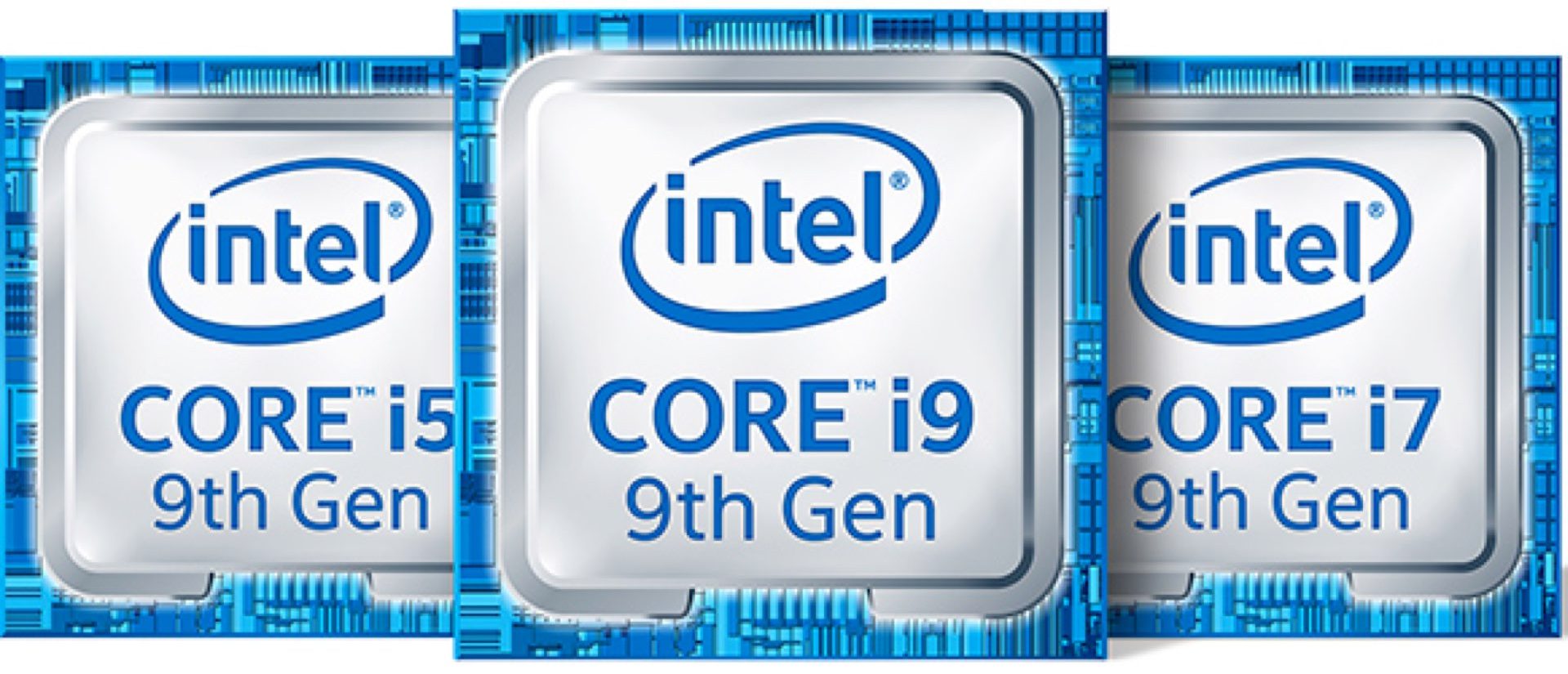
For our Mac business overall, we faced some processor constraints in the March quarter, leading to a 5 percent revenue decline compared to last year
We wrote here about the new MacBook Pro 16.5-inch that is supposed to be announced during 2019. Well, there is a chance that it will be delayed for 2020. Till now, nobody can confirm that the reason is Intel, but it might be since reading between the lines exposes Intel as the main excuse.

Apple tries to focus on the pro-market
We can see a clear tendency toward the production of more high-level Macs. Even the Mac Mini was boosted to get a massive upgrade thanks to 8th-generation Intel Core processor.
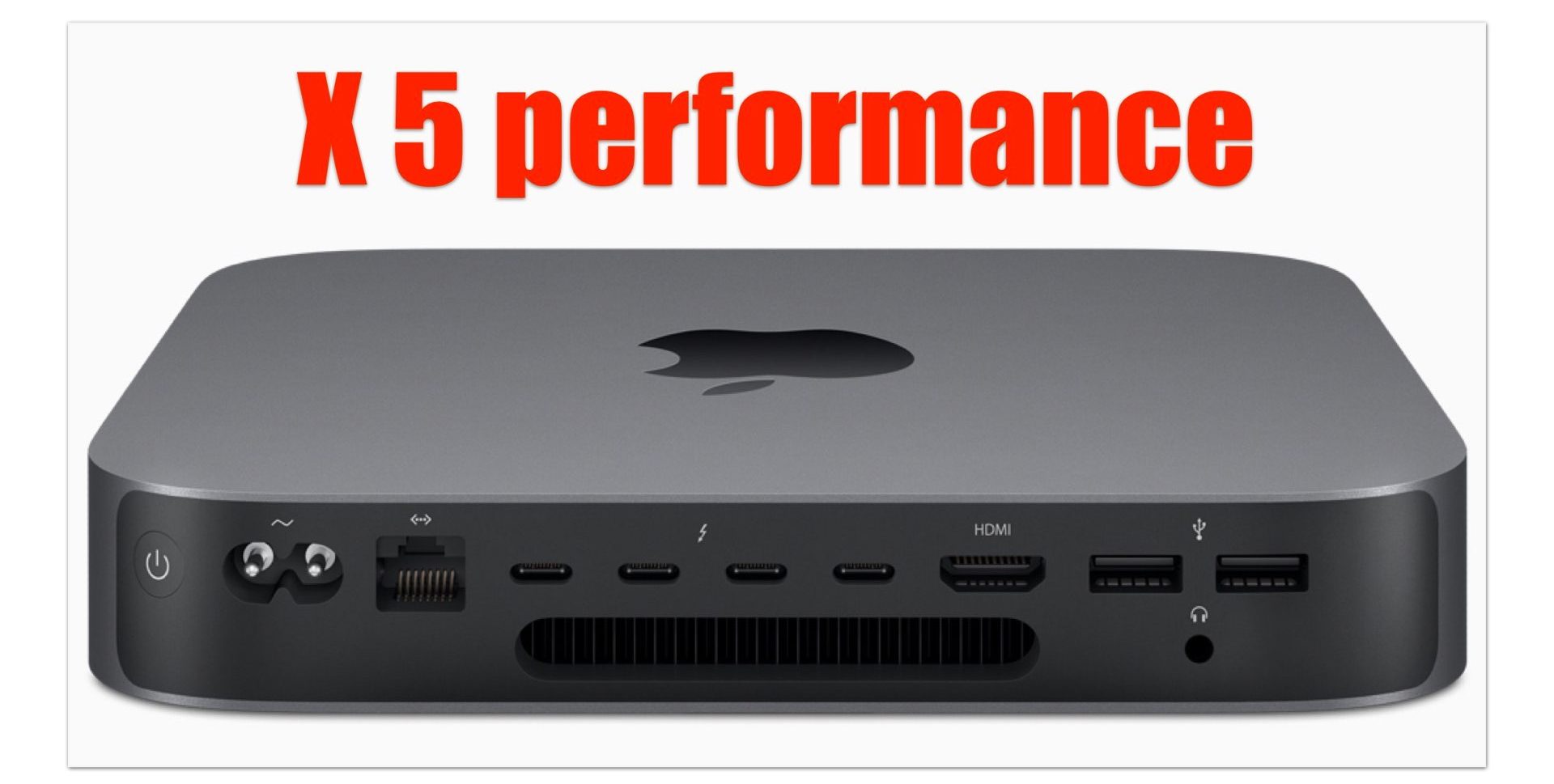

From Intel to ARM
The R&D processes needed to shift CPU architecture are incredibly complex. Apple’s computers, especially the high-level Macs depend on Intel-based CPU. Lately, Apple announced about the new iMac 2019 lineup with faster processors and graphics that are armed with 8-core Intel 9th-generation processors. Transforming this architecture to ARM-based CPU will not be an easy task. However, it appears that Apple has a plan.


The initiative, code-named Kalamata is coming as part of a larger strategy to make all of Apple’s devices work more similarly and seamlessly together.


Code name: Kalamata
According to Bloomberg, the process (operation) in which Apple will replacing Intel is still in the early developmental stages. The initiative, code-named Kalamata is coming as part of a larger strategy to make all of Apple’s devices work more similarly and seamlessly together. Furthermore, the fact that this CPU will be developed in-house, will facilitate production and reduce the delay and thus will amplify revenue.
Final thoughts
Apple has its way of doing things. Developing in-house CPU has a lot of advantages regarding compatibility, manufacturing factors, and product’s performances, especially concerning MacBook Pro, iMac Pro, and the upcoming Mac Pro. We hope Apple’s roadmap will be more precise before 2019 ends.
Do you think Apple should stick with Intel? In your opinion, what are the chances that an ARM-based CPU architecture will be implemented on the new Mac Pro? Let’s know your insights.

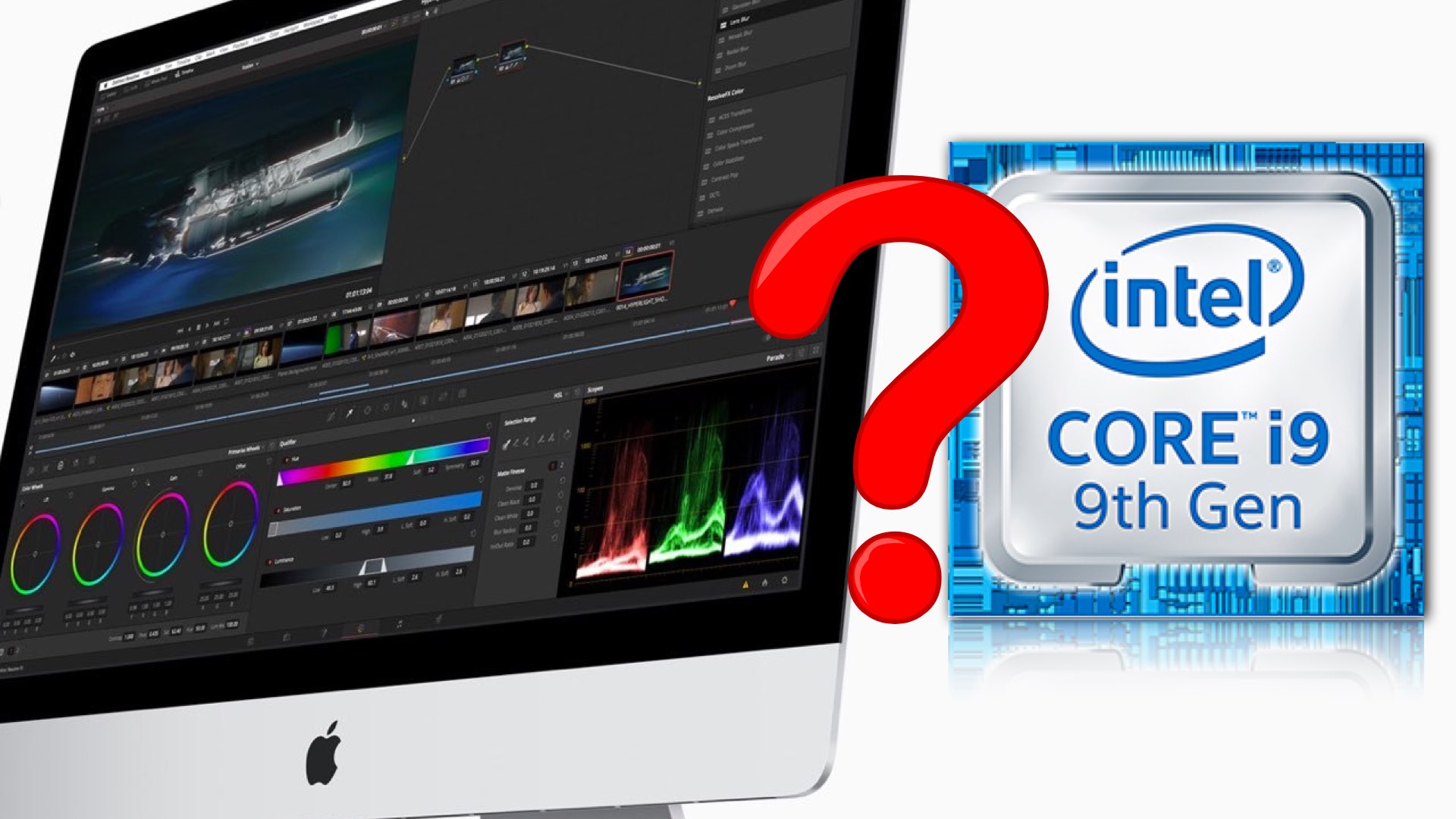


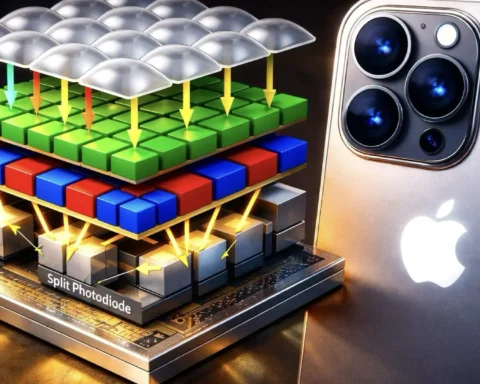










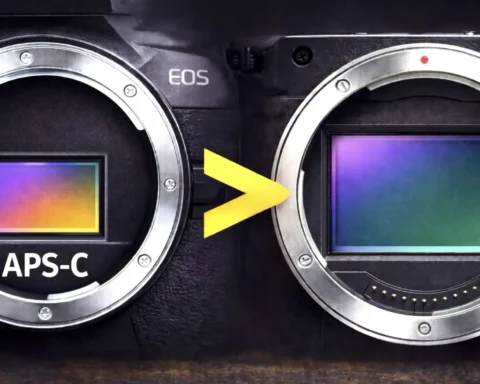


[…] of surprise since the word on the street was that Apple is looking for other options than Intel. Read here more regarding Code-Name Kalamata. However, the process of replacing Intel will have to […]